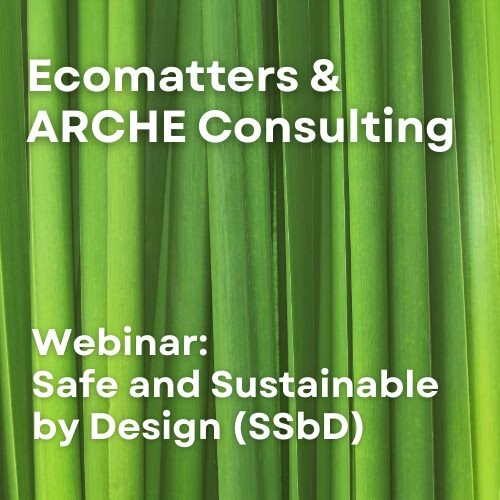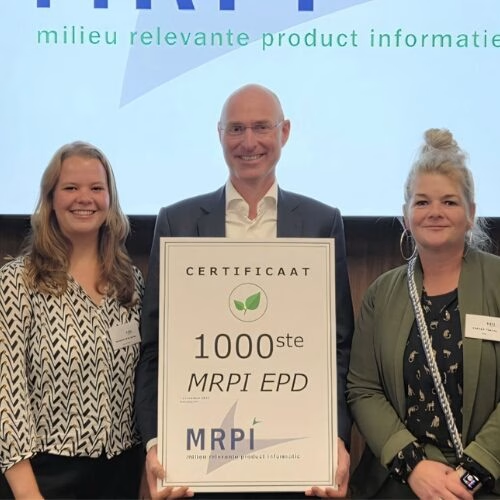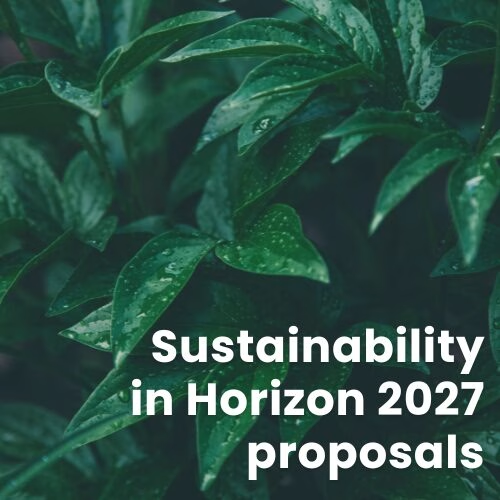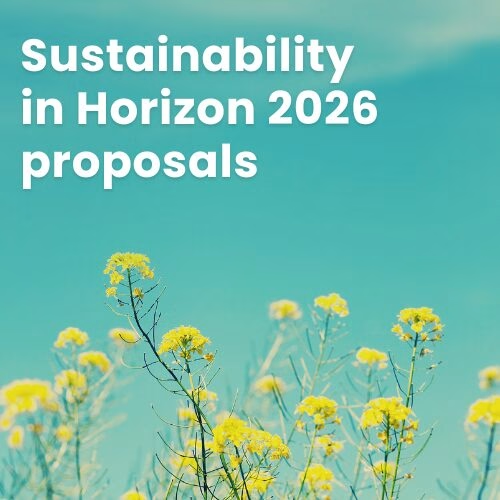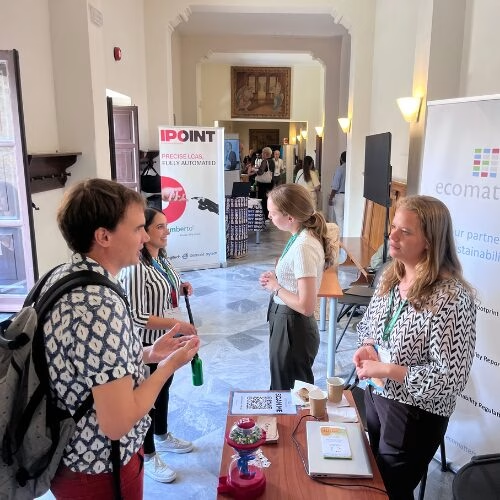The big news of this summer came a few days ago with the publication of the first part of the Sixth Assessment Report of the Intergovernmental Panel on Climate Change (IPCC AR6): The Physical Science Basis. In almost four thousand pages, the report of the Panel’s Working Group I summarises the latest advances in climate science laying out the most up-to-date physical understanding of the climate system and climate change. While awaiting the reports on socio-economic impacts, mitigation, and the synthesis report (expected throughout 2022), we put up a brief reflection on the features of the new technical report that can impact your sustainability strategy.
- Stronger language. Noted pretty much by everyone, the technical report is strongly worded, exchanging “would” for “will” and blossoming with such words as “unequivocal” and “unprecedented”. Here is why it is such a big deal: while on a high level, the report doesn’t tell us anything we didn’t know already, we should understand that the report was read and approved by representatives of 195 participating governments. I.e. this strong language is official. If previously you were hesitant with your climate targets because of the uncertain argument thrown by your opponents – wait no longer, you now have the strongly worded and very solid official back-up from IPCC.
- Updated impact models. Due to the great scientific advances, the accepted impact assessment models underwent some changes. We now have a better understanding of the processes as a global system, and therefore can more accurately estimate the climate change impacts. That brings us to updated values of greenhouse gas lifetimes, radiative efficiencies, and metrics. In down-to-earth practice, that means: we have new emission factors – the scaling coefficients to bring the emissions to the CO2-equivalent for assessment of global warming potential. As that is the base for the vast majority of metrics and reporting, some recalculations are coming our way, and if your organisation has a more exotic profile of emissions (more than just energy-related), you might also want to have another look at your hotspots and attention areas.
- Tighter forecasts. A better understanding of the global processes also brought the panel to more forecast scenarios with significantly more narrow uncertainty ranges. Generally speaking, this higher certainty is expected to help with definitive decision-making in sustainability strategies and actions. The scenarios might seem daunting: all of them show that the 1.5oC mark will be passed. However, with two of the scenarios: very low and low emissions, it is possible to keep the temperature under 2oC raise, and in the very low one even go under 1.5oC by the end of the century. These scenarios however require immediate and radical actions. Thus, it’s time to make your targets more ambitious, and the actions roll out more aggressively!
The bottom line: the technical report urges us to reconsider our baselines and most of all encourages and empowers us to enforce a stronger sustainability strategy reinforcing the public and governmental demand for more ambitious goals and more radical actions.
Read here The Technical Summary, the lighter on scientific concepts Summary for policymakers, or even just The Headline Statements.



